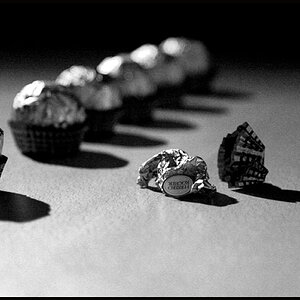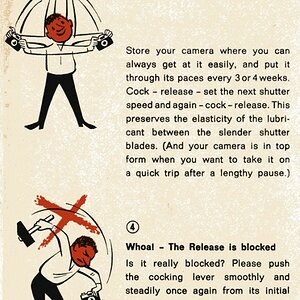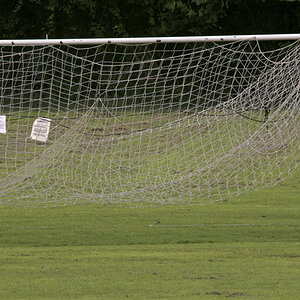Sharonbo
TPF Noob!
- Joined
- Feb 16, 2010
- Messages
- 13
- Reaction score
- 0
- Can others edit my Photos
- Photos NOT OK to edit
Not sure if I did this right the first time, so here I go again! I am wondering if anyone has some advice on how you protect your photos? I have already had this happen where a customer only buy's a few photos. Once they have the photos, they scan and get all the sizes they want, just not from me. :-(
I am very new to selling my photos. I am trying to be fair, but very, very frustrated when I know what some have done.
How do you protect a photo from the scanning process? Is there any company out there that has special paper that would prevent this?
Thanks so much for any advice!
I am very new to selling my photos. I am trying to be fair, but very, very frustrated when I know what some have done.
How do you protect a photo from the scanning process? Is there any company out there that has special paper that would prevent this?
Thanks so much for any advice!













